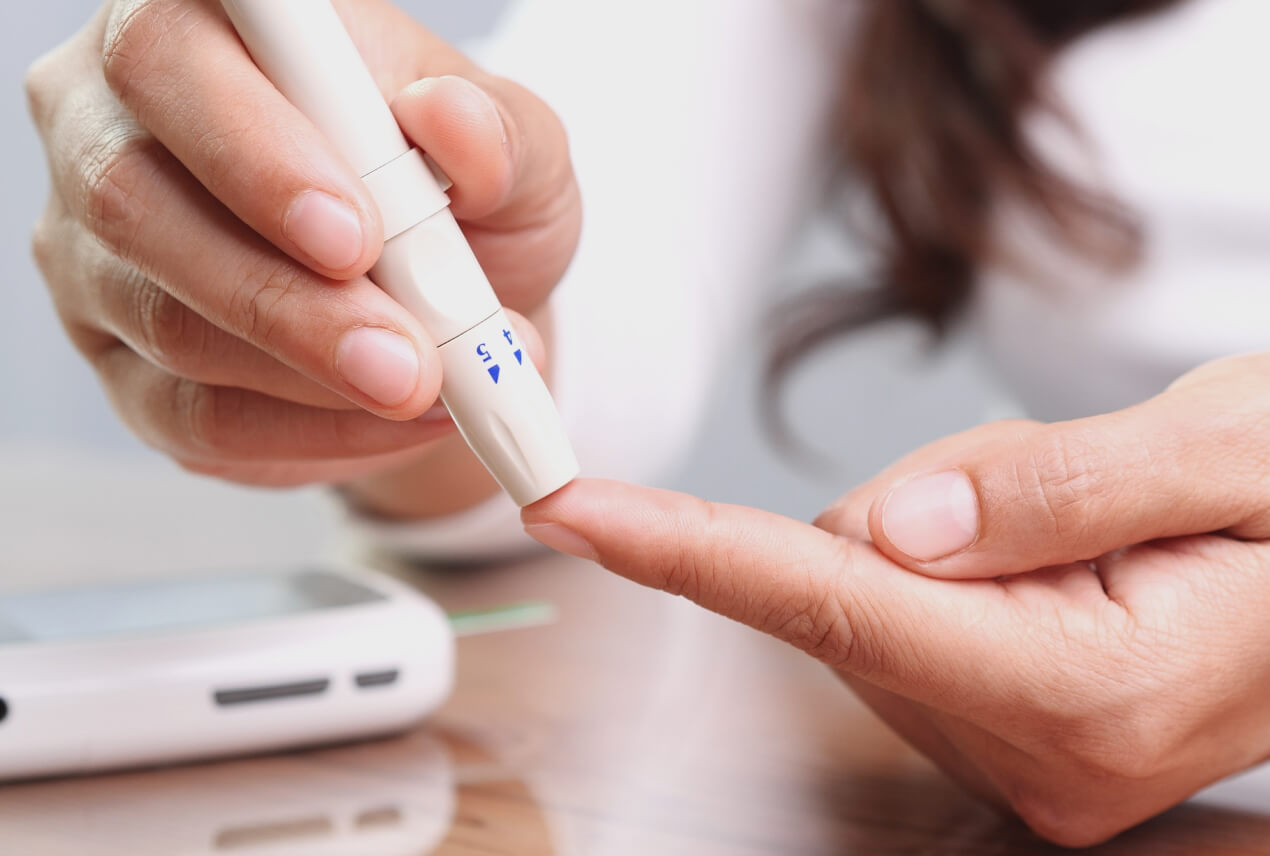Hypoglycemia occurs when you have low blood sugar (glucose) levels. It's rare to experience hypoglycemia unless you have diabetes, but it's quite common if you do have diabetes, especially if you take insulin to manage the condition. You may hear hypoglycemia referred to as a "hypo."
You have hypoglycemia if your blood sugar levels drop below 72 milligrams per deciliter (mg/dL). Your body doesn't have enough energy to carry out its activities if your blood glucose drops too low, and the condition can be dangerous if left untreated.













